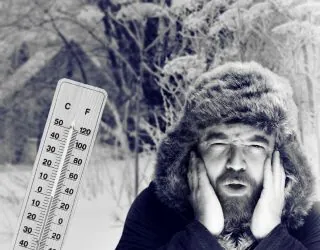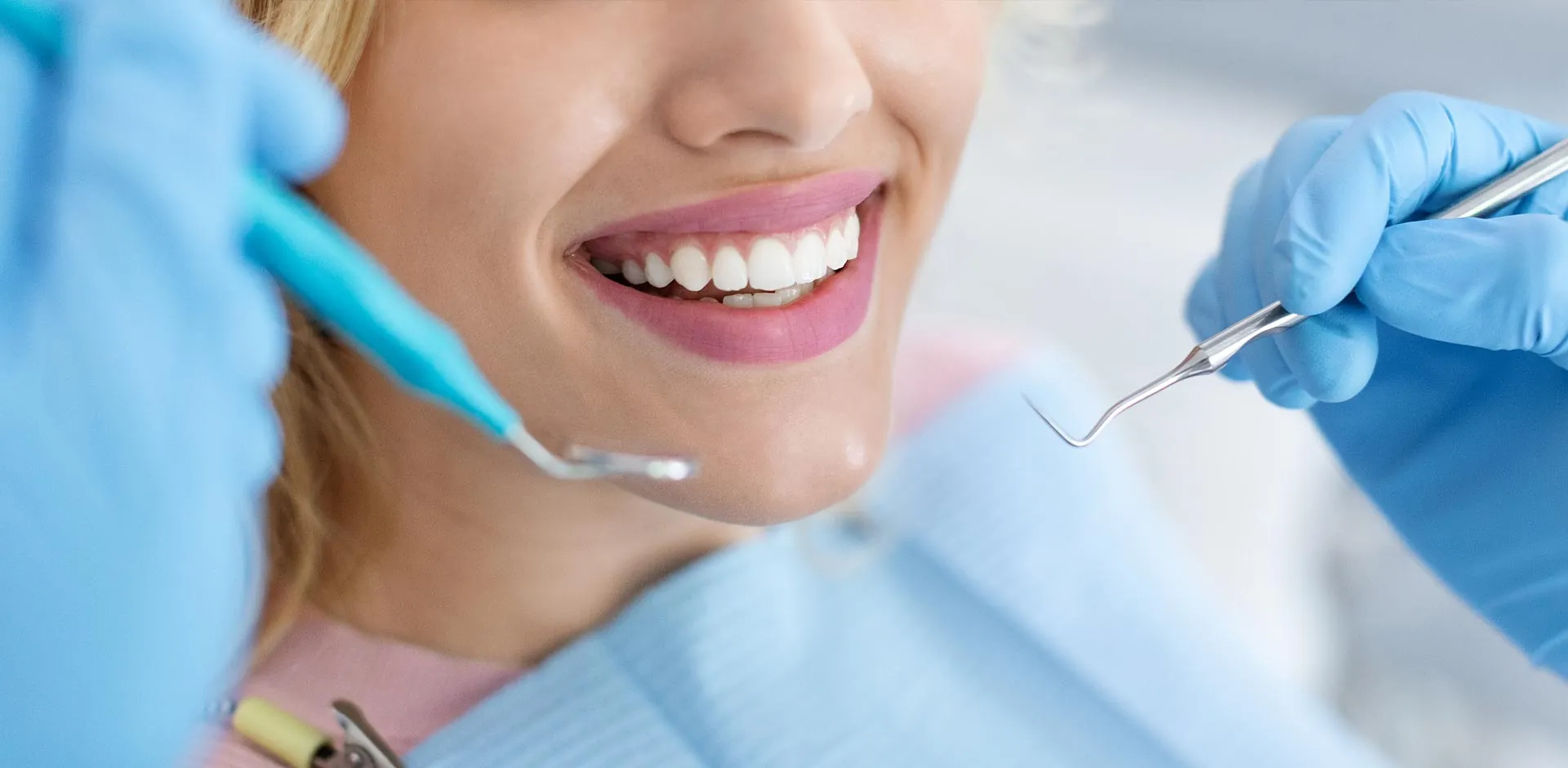
It happens every year – we get a sudden blast of cold weather in Ypsilanti, and people call the office about tooth sensitivity and discomfort. If you’ve ever wondered why your teeth hurt in cold weather, you’re not alone. Many people experience tooth pain when the temperature drops. Let's dive into why this happens and how you can keep your smile healthy all winter long.
The Cold Weather Toothache Mystery
So, why do your teeth hurt in cold weather? Here are a few reasons:
- Exposed Dentin: Over time the outer layer of enamel on our teeth wears down exposing the dentin underneath. Dentin contains tiny tubules that lead to the nerve center of the tooth. Cold air can travel through these tubules, causing sharp pain or discomfort.
- Cracks and Chips: Teeth with cracks or chips are more susceptible to temperature changes. Cold air or liquids can seep into these cracks, reaching the nerves and causing pain.
- Gum Recession: Gum recession exposes the roots of your teeth, which are not covered by enamel. Unlike the rest of your teeth, the roots aren't covered by enamel, making them more sensitive to temperature changes.
- Sinus Issues: Cold weather can mess with your sinuses, and this increased sinus pressure can cause pain in your upper teeth. This is because the roots of your upper teeth are located close to your sinus cavities.
- Home whitening treatments: You want to look your best for parties and family events, so a quick touch-up with an over-the-counter whitening treatment may seem like a great idea. The problem is that the whitening solutions contain harsh chemicals that can make your teeth sensitive to the cold.
If you are looking to whiten your teeth for the holidays, it’s best to leave it to the professionals at Comprehensive Dentistry where the products we use are optimized to whiten your teeth without causing sensitivity.
How Cold Weather Affects Your Oral Health
Cold weather doesn’t just cause tooth sensitivity; it can also impact your overall oral health in several ways:
- Dry Mouth: Winter air is dry, and indoor heating can make it worse. A dry mouth means less saliva, which is essential for washing away food particles and neutralizing acids. Less saliva can lead to more cavities and gum disease
- Chapped Lips: Cold, dry air can cause chapped lips, which can be uncomfortable and lead to cracks or sores around the mouth.
- Increased Risk of Colds and Flu: Winter is prime time for colds and flu, which can lead to dehydration and, you guessed it, a dry mouth. This can make your oral health issues worse.
Tips for Protecting Your Teeth in Cold Weather
Here are some practical tips to help you protect your teeth and maintain good oral health during the winter months:
- Use a Soft-Bristled Toothbrush: A soft-bristled toothbrush is gentle on your enamel and gums, helping to prevent further wear and recession.
- Switch to Toothpaste for Sensitive Teeth: These toothpastes are specially formulated to help reduce sensitivity and protect your teeth.
- Stay Hydrated: Drink plenty of water to keep your mouth moist and maintain saliva production.
- Humidify Your Home: Using a humidifier (especially at night in your bedroom while sleeping) can help combat dry indoor air and keep your mouth from drying out.
- Protect Your Lips: Keep a lip balm handy to prevent chapped lips and keep your smile looking great.
- Regular Dental Check-Ups: If you're experiencing persistent tooth sensitivity, it's a good idea to visit your dentist. We can help identify and treat any underlying issues.
Conclusion
Understanding why your teeth hurt in cold weather and how cold weather affects your oral health is the first step in preventing discomfort and maintaining a healthy smile. If you’re experiencing tooth sensitivity or other oral health issues, don’t hesitate to contact our office in Ypsilanti, Michigan. Our team is here to help you keep your teeth healthy and pain-free all year round.
Stay warm and take care of your smile this winter!
